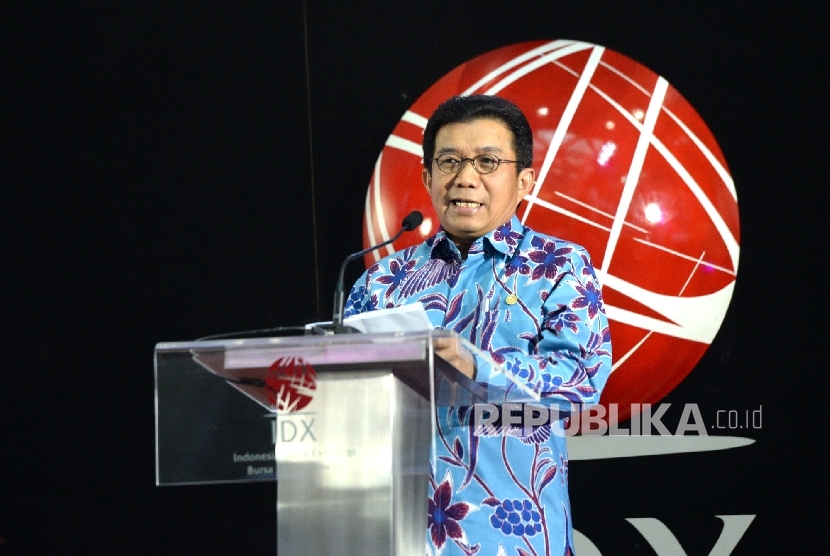REPUBLIKA.CO.ID, JAKARTA -- The target to cover 75 percent of the population in the financial inclusion program must be supported with improved economic digitization, Financial Service Authority (OJK) Chief Commissioner Muliaman Hadad declared.
"The Global Inclusion Award appreciation that it has received should serve as a trigger for Indonesia to improve its strategic approach, notably emphasizing digital economy," Hadad said during a discussion on 'Expansion of Financial Access in Supporting Justice Economy' in Jakarta, Tuesday.
The expansion of financial inclusiveness must be supported with economic digitization and the availability of technology, he noted.
"The telecommunication infrastructure network is, for example, still not adequate in Eastern Indonesian regions. Focusing on the telecommunication-based transactions in eastern Indonesian regions will need infrastructure support," he stated.
Hadad appreciated the government's commitment to build holistic corridors to overcome telecommunications obstacles, one of which is through the utilization of satellites.
This is expected to cover the blind spots, so that financial transactions can be carried out.
Creative and innovative steps should also be taken as a breakthrough to improve financial access while waiting for the infrastructure development process.
"Two months ago, I inaugurated a mobile-service ship similar to mobile banks, which will provide services moving from one island to another. The ship has a cashier counter, credit analysis and other support," he revealed.
The OJK chairman mentioned that physical development should be supported with ideas to identify critical points, so that the desire to build a justice economy becomes realistic.
Financial inclusion is defined as a condition when every citizen has access to various formal financial services on time; services that are smooth, safe, as well as affordable, and based on needs.
Presidential Regulation No. 82 Year of 2016 on National Financial Inclusion strategy set a target that by 2018 about 75 percent of the population should have access to formal financial services.
To achieve the financial inclusiveness target, the government has prepared five supporting pillars, namely financial education, people's property right, inter-mediation facility and financial distribution channel, financial service in the government sector and consumer protection.


